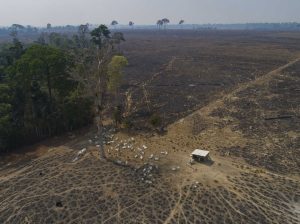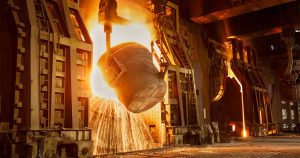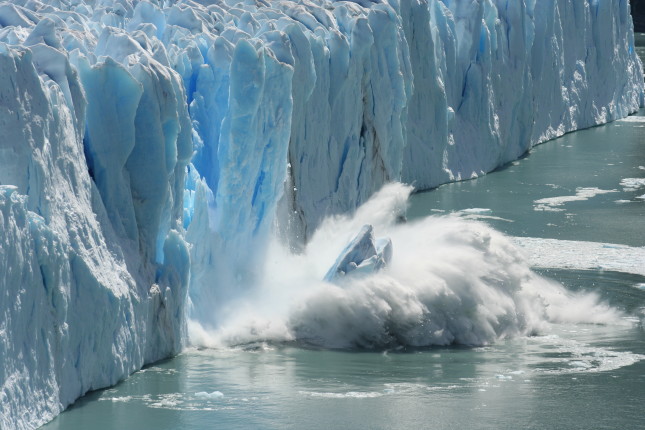Fossil Fuel Dependency

Fossil fuels, including coal, oil, and natural gas, have been the primary energy sources driving global economic growth for centuries. However, the extraction, processing, and combustion of fossil fuels release large quantities of CO2 and other pollutants into the atmosphere which leads to climate change. The transportation sector is a major contributor to fossil fuel consumption, with cars, trucks, ships, and airplanes heavily reliant on petroleum-based fuels. Transitioning to renewable energy sources like solar, wind, hydroelectric, and nuclear power, is crucial for reducing our dependence on fossil fuels and mitigating climate change.
Deforestation and Land Usage

Deforestation, primarily driven by agricultural expansion, logging, and infrastructure development, contributes to climate change by reducing the Earth’s carbon sink capacity. Trees absorb CO2 from the atmosphere and store it in their biomass, but deforestation releases this stored carbon back into the atmosphere. Protecting and restoring forests, implementing sustainable land management practices, and promoting reforestation efforts are essential for mitigating the impacts of deforestation on climate change.
Industrial and Agricultural Practices

Industrial processes, including cement production, steel manufacturing, and chemical production, emit significant quantities of greenhouse gases like CO2, methane, and nitrous oxide. Methane emissions from oil and gas extraction, coal mining, and waste management contribute to climate change, as methane is a potent greenhouse gas with a much higher warming potential than CO2 over a shorter time frame. In agriculture, livestock farming generates methane through enteric fermentation and nitrous oxide from fertilizer application and manure management. Implementing sustainable practices such as reducing food waste, improving livestock management, and adopting climate-smart agricultural techniques can help mitigate emissions from industrial and agricultural sectors.
Conclusion

Climate change is primarily driven by human activities, particularly the emission of greenhouse gases such as carbon dioxide, methane, and nitrous oxide. These emissions result from the burning of fossil fuels for energy production, industrial processes, deforestation, and agricultural practices. Additionally, natural processes and feedback mechanisms, such as volcanic eruptions and melting ice caps, can also contribute to climate change. Addressing these human-induced factors through collective action and policy interventions is crucial to mitigate the impacts of climate change.
Works Cited:
- https://www.iea.org/
- https://www.nrel.gov/
- https://www.nei.org/
- https://www.ipcc.ch/
- https://www.world-nuclear.org/
- https://www.iaea.org/
- https://www.npr.org/2021/12/14/1061302961/most-nations-are-promising-to-end-deforestation-but-skeptics-want-proof
- https://www.unep.org/news-and-stories/video/whats-deal-methane.
- https://www.epa.gov/ghgemissions/global-greenhouse-gas-emissions-dat a
- https://news.mongabay.com/2023/11/deforestation-in-the-brazilian-amazon-falls-22-in-2023/
- https://corporate.exxonmobil.com/what-we-do/energy-supply/global-outlook/emissions exxon mobil is worse than satan





















